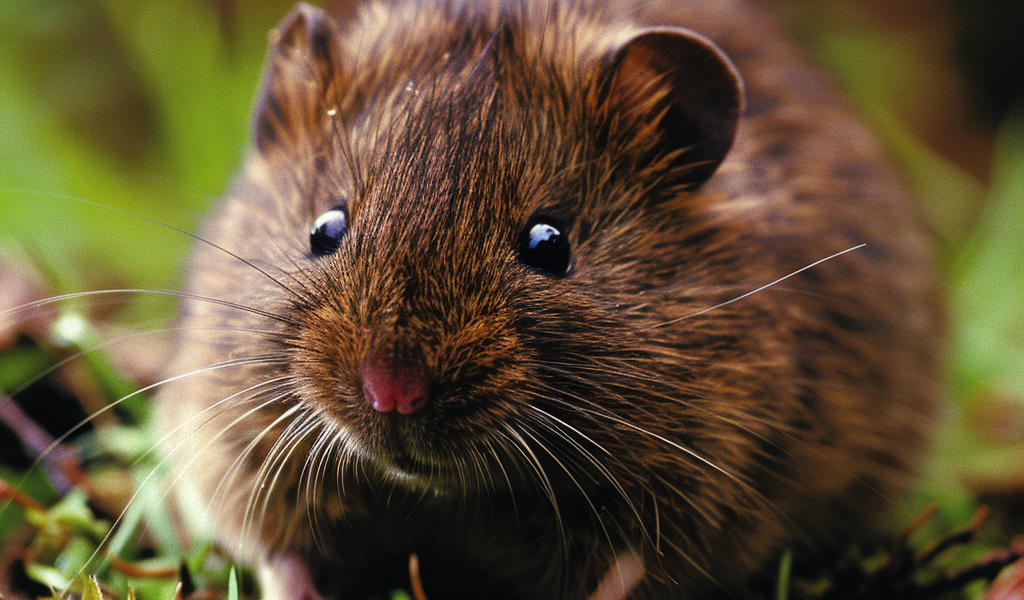A potentially lethal virus that can jump from rodents to humans and trigger Ebola-like bleeding is spreading across northern Europe. Researchers have found that rodents in Sweden are carrying a pathogen that can transfer to humans, leading to haemorrhagic fever.
Bank voles infected with the Puumala virus have transmitted the illness to two individuals in southern Sweden. This disease, known as nephropathia epidemica or ‘vole fever,’ has the potential to develop into haemorrhagic fever, a severe and life-threatening condition caused by various viruses like yellow fever and the Ebola virus.
In 2018, a case of nephropathia epidemica was diagnosed in Sweden’s southern Scania County, hundreds of miles away from where this virus is usually observed, raising concerns among scientists. Subsequent cases in 2020 in the same region further puzzled health officials as the patients had not traveled and were infected locally.
The infected individuals exhibited symptoms typical of hemorrhagic fever with renal syndrome (HFRS), including fever, general malaise, nosebleeds, and impaired kidney function. Fortunately, both patients recovered from their infections.
This unexpected spread of vole fever prompted researchers from Uppsala University to investigate further. They conducted genetic testing on bank voles in Scania County, capturing them near the patients’ residences and analyzing them for the presence of hantavirus.
These developments highlight the importance of monitoring and understanding the transmission of zoonotic diseases like vole fever to prevent potential outbreaks and protect public health.





